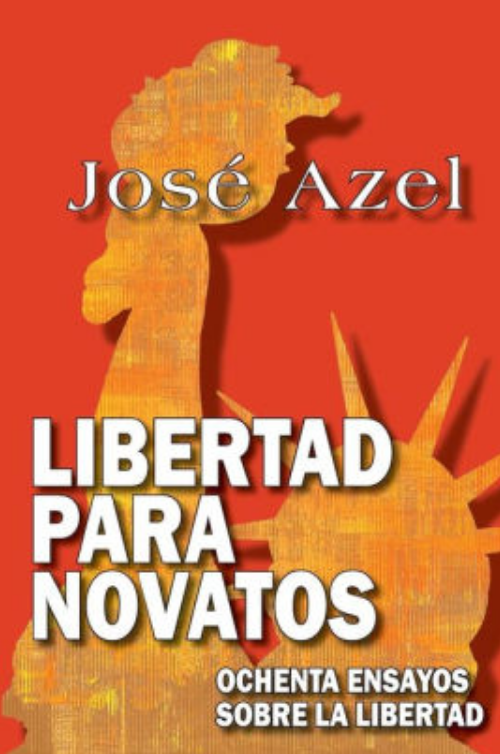| Exit, Voice, and Loyalty: Responses to decline in firms, organizations, and states, is the title of a 1970 book by economist and political scientist Albert O. Hirschman. Hirschman, born in Germany in 1915, lived a full and intrepid life. He was educated at the Sorbonne and at the London School of Economics, and then volunteered to fight on the side of the Spanish Republic in the Spanish Civil War. |
|
In World War II, Hirschman helped the scape of many of Europe’s prominent intellectuals, leading them from occupied France through the Pyrenees Mountains and then to Portugal. From 1943 to 1946 he served in the United States Army in the Office of Strategic Services-a predecessor to the Central Intelligence Agency.
Hirschman went on to hold prestigious academic appointments in economics at Yale University, Columbia University, Harvard University, and at the Institute for Advanced Study. He received numerous awards throughout his life, and in 2001 was named among the top 100 American intellectuals, as measured by academic citations. Hirschman died in the United States in 2012 at 97.
Exit, Voice, and Loyalty is not a page turner, but became an influential must-read book for social scientists. Hirschman thesis is that an individual in a disappointing or failing relationship has three choices. That person can leave, complain, or endure in silence.
The three options are applicable to commercial, personal, or political circumstances. And, although Hirschman’s focus in the book is primarily on organizations, political parties, and consumer choices, his work is also essential to understanding the choices made by immigrants and political exiles: to leave, protest, or endure in silence.
In Hirschman’s scheme of exit, voice, and loyalty, “exit” is leaving a country by migrating to a different nation-state; “voice” is the option of articulating discontent; and “loyalty” is allegiance to the governing regime or its ideology. Here I am thinking of exit, voice, or loyalty, as the options available to the citizenry of oppressive regimes such as those in Cuba, Venezuela and elsewhere where the voice option has been truncated.
It is necessary to note that, even in repressive regimes, there is always a certain loyalty to the government. All regimes need at least a modicum of acceptance from some sectors of the population to hold on to the legitimacy and operational capabilities of its institutions. Without some measure of loyalty, the political and economic institutions of the regime could not operate or survive, for example the armed forces. This leaves exit and voice, as the mutually exclusive options available to those not loyal to a regime.
In Hirschman’s analysis, voice is an effort by the people to change the practices of the regime. He defines voice as any attempt to change, rather than to escape from an objectionable state of affairs. Voice is a complex concept because “it can be graduated, all the way from faint grumbling to violent protest.” He also makes the point that the early exit of the higher quality voices paralyzes voice by depriving it of its principal agents.
When the exit option is unavailable, voice is the only option for any opposition. In Hirschman’s view, “…the role of voice increases as the opportunities for exit decline.” On the other hand, the easier the exit option, the lower the prospect of voice. “The presence of the exit alternative can therefore tend to atrophy the development of the art of voice.” Knowing this, oppressive regimes have long sough for political enemies and critics to remove themselves from the national sphere.
Hirschman’s formulation of Exit, Voice, and Loyaltyis powerful and valid. Yet, it overlooks the use of exit as a means to obtain resources for a more forceful exercise of voice. This was the case of my generation of early Cuban exiles who exited, primarily searching for the means and opportunity to return and overthrow Cuba’s oppressive regime. The 1961 Bay of Pigs landing of the Brigade 2506 and other actions undertaken in the 1960s and 1970s exemplify the reasons for this exit.
Today, our voices are older and softer, but still loyal to freedom.
Please let us know if you  this article. this article. |
|
We welcome your feedback.
Abrazos,
Lily & José
(click on the name to email Lily or Jose) |
|
|
|
|










No comments:
Post a Comment